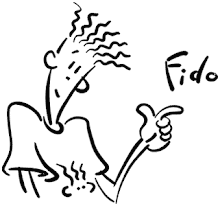
A blinding flash of white light
Lit up the sky over Gaza tonight
People running for cover
Not knowing whether they're dead or alive
They came with their tanks and their planes
With ravaging fiery flames
And nothing remains
Just a voice rising up in the smoky haze
We will not go down
In the night, without a fight
You can burn up our mosques and our homes and our schools
But our spirit will never die
We will not go down
In Gaza tonight
Women and children alike
Murdered and massacred night after night
While the so-called leaders of countries afar
Debated on who's wrong or right
But their powerless words were in vain
And the bombs fell down like acid rain
But through the tears and the blood and the pain
You can still hear that voice through the smoky haze
We will not go down
In the night, without a fight
You can burn up our mosques and our homes and our schools
But our spirit will never die
We will not go down
In Gaza tonight












